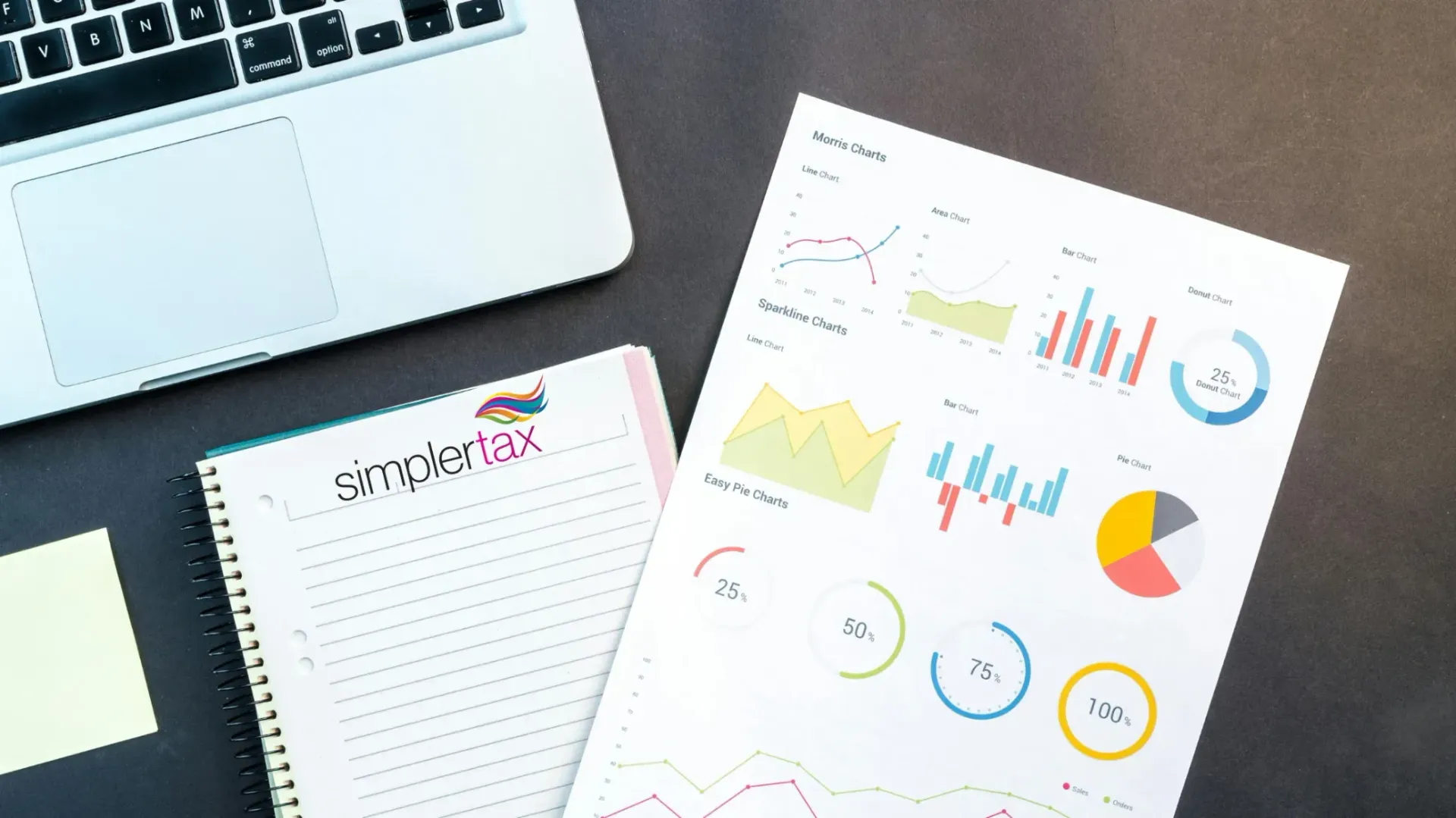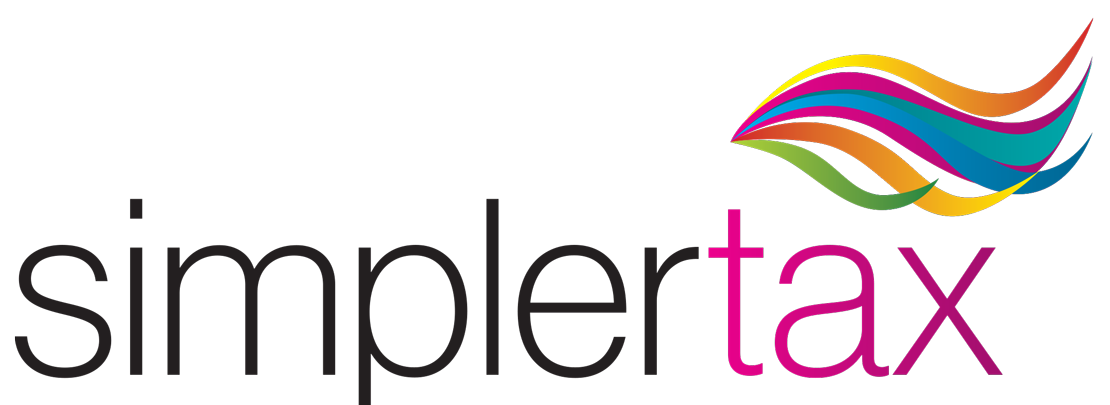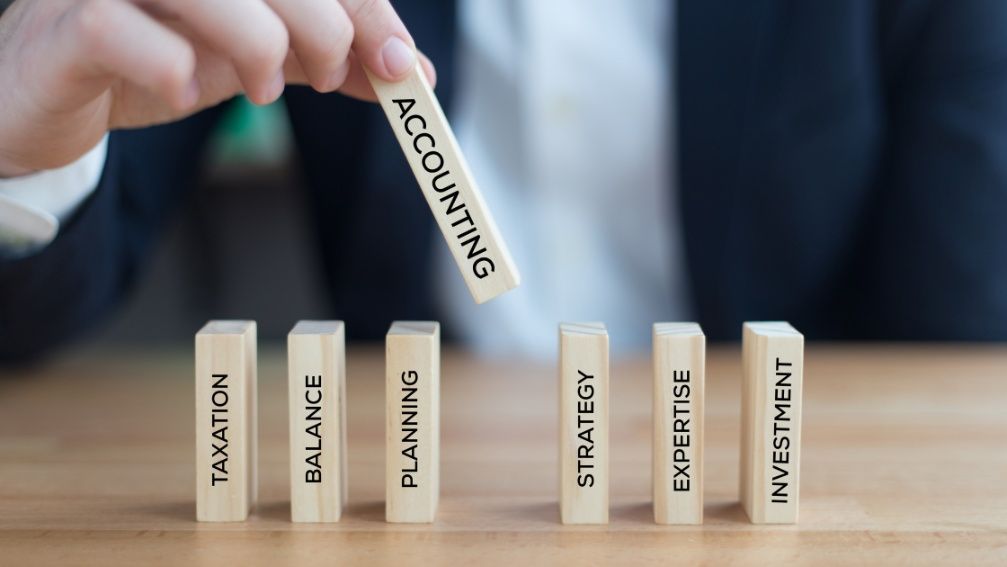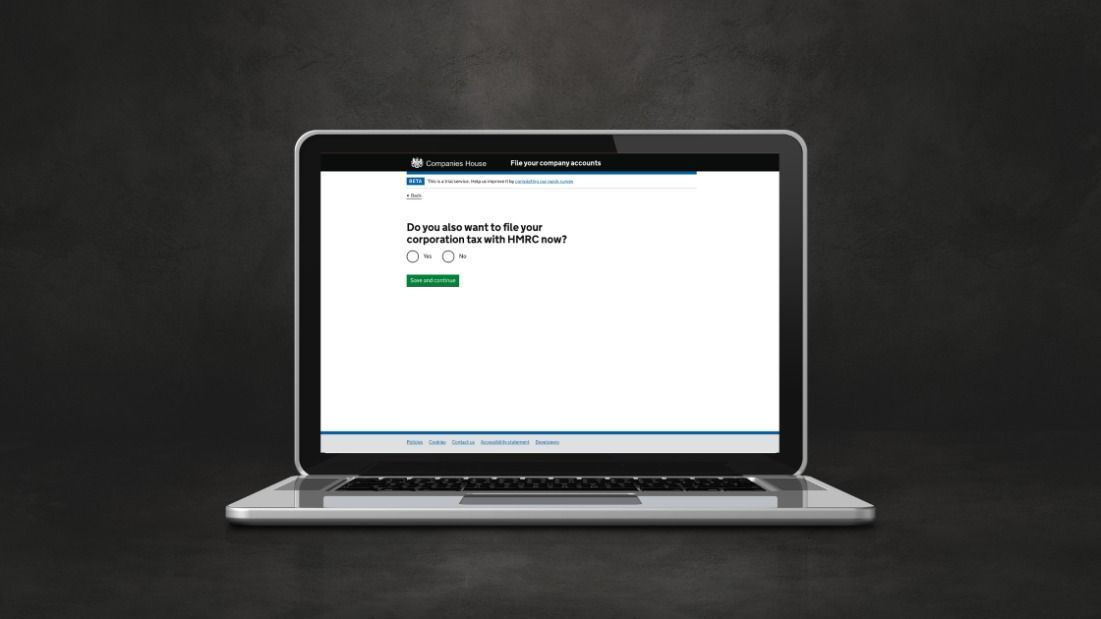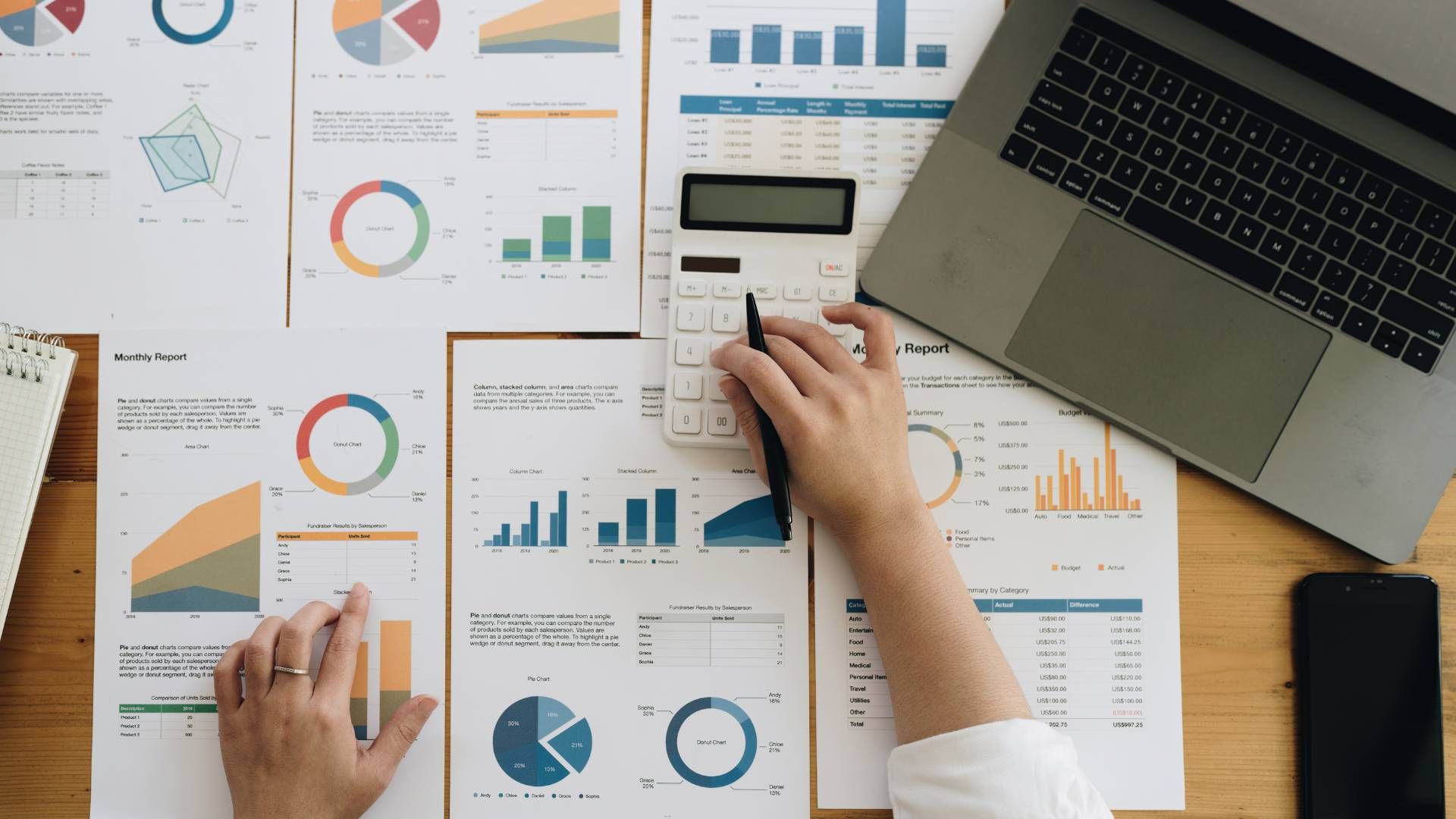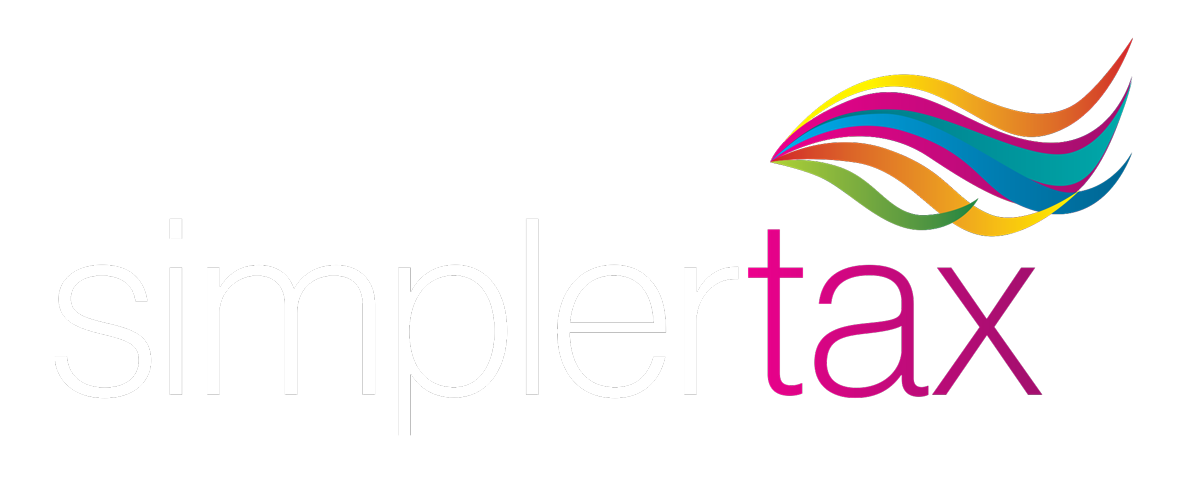Step-by-Step Guide to Company Accounts for Sole Traders
Understanding Company Accounts for Sole Traders

Feeling a bit lost in the world of company accounts? You're not alone! Many sole traders find financial record-keeping a bit daunting, especially when juggling the many other responsibilities that come with running a business. But fear not; with this comprehensive guide from Simpler Tax, we'll break down the essentials, making it easy for you to confidently tackle your accounts.
We've got you covered, from understanding key terms to practical tips for staying organised. No more sleepless nights worrying about spreadsheets! Let's simplify company accounts together so you can focus on what you do best – growing your business.
1. Understanding the Basics
What are company accounts?
In simple terms, company accounts are a financial snapshot of your business. They're a record of all your business's financial transactions, showing how much money you've earned (income), how much you've spent (expenses), and what's left over (profit or loss). Think of them like a financial diary for your business, chronicling its journey and providing valuable insights.
These records are crucial for several reasons:
- They help you understand your business's financial health, allowing you to make informed decisions about pricing, investments, and growth strategies.
- They're essential for fulfilling your legal obligations to HMRC.
- Well-maintained accounts can make securing funding easier or attract investors, as they demonstrate your business's financial stability and potential.
Key terms for sole traders
Let's decode some common accounting jargon you'll encounter as a sole trader:
- Income: This is the money your business earns from selling goods or services. It can include sales revenue, interest earned, or any other money coming into your business.
- Expenses: These are the costs your business incurs when operating. This can include rent, utilities, supplies, marketing costs, travel expenses, and even your own salary as the business owner.
- Profit: This is the positive financial outcome when your income exceeds your expenses. It represents the reward for your hard work and the success of your business.
- Loss: This occurs when your expenses are greater than your income. While not ideal, losses can happen, especially in the early stages of a business or during challenging economic times. Understanding your losses is key to making adjustments and getting back on track.
- Assets: These are things your business owns that have value. This can include physical assets like equipment, vehicles, and inventory, as well as intangible assets like intellectual property or brand recognition.
- Liabilities: These are debts your business owes to others. This can include loans, unpaid invoices, or any other financial obligations your business has.
Legal requirements for sole traders
As a sole trader in the UK, you have specific legal obligations regarding your company accounts. These include:
- Keeping accurate records: You must keep records of all your business income and expenses. This includes invoices, receipts, bank statements, and any other documentation related to your business finances.
- Preparing annual accounts: You must prepare a profit and loss account and a balance sheet each year. These documents show a snapshot of your business's financial performance and position, respectively.
- Filing a Self Assessment tax return: You must submit a Self Assessment tax return to HMRC every year, declaring your income and paying any taxes due. This is typically due by 31st January following the end of the tax year.
2. Setting Up Your System
Choosing accounting software
Accounting software can be a lifesaver for sole traders. It automates many tedious tasks, like data entry and calculations, freeing up your time to focus on running your business. It also helps you stay organised, providing a central location for all your financial information.
There are many options available, and at Simpler Tax we selected a few solutions. They are user-friendly and affordable solutions designed specifically for self-employed individuals. It's easy to set up, helps you track your income and expenses effortlessly, and even generates your Self Assessment tax return for you, making tax time a breeze.
Organising receipts and invoices
Keeping track of your invoices and receipts is essential for accurate record-keeping and claiming allowable expenses. Here are some tips:
- Go digital: Consider using a cloud-based storage solution or a dedicated app to electronically store your receipts and invoices. This not only saves space but also makes it easier to search and retrieve documents when needed
- Create a system: Develop a consistent filing system, whether it's physical folders or digital tags, to keep your documents organised. This will help you quickly locate specific invoices or receipts when needed.
- Regularly review: Set aside time each week or month to review and categorise your receipts and invoices. This ensures that everything is accounted for, identifying any potential errors or discrepancies.
Tracking income and expenses
Tracking your income and expenses consistently throughout the year is crucial for maintaining accurate records and understanding your business's financial performance. Utilise your accounting software to record every transaction as it happens. This not only simplifies the process but also gives real-time insights into your cash flow and profitability
3. Preparing Your Accounts
Calculating profit and loss
Your profit and loss account summarises your business's income and expenses over a specific period, usually a year. It provides a clear picture of your financial performance, showing whether you've made a profit or a loss.
Simply subtract your total expenses from your total income to calculate your profit or loss. If the result is positive, you've made a profit. If it's negative, you've incurred a loss.
Completing your Self Assessment tax return
Your Self Assessment tax return is an annual declaration of your income and expenses to HMRC. It's used to calculate how much tax you owe based on your profits.
If you're using Simpler Tax, we will guide you through the process step-by-step, making it much less daunting. More often than not, we will submit your Self Assessment for you, so all you need to do is sign it off. It saves you time and mitigates the possibility of inputting the wrong information.
Paying your taxes
Once you've completed your Self Assessment tax return, you must pay any taxes due by the specified deadlines. These are typically 31st January for the previous tax year and 31st July for any payments on account for the current tax year.
You can make payments online, via HMRC, by phone, or at your bank. If you're struggling to pay, contacting HMRC as soon as possible is crucial to discuss your options. They may be able to offer a payment plan or other assistance.
4. Top Tips for Success
Staying organised throughout the year
Make accounting a regular habit, not a yearly chore. Setting aside time each week, keeping records up to date, reconciling your accounts and reviewing your finances monthly. This will help you stay on top of things, avoid any stressful scrambles at tax time, and gain important insights into your business's financial health throughout the year.
Seeking professional advice when needed
While accounting software and online resources can be incredibly helpful, there may be times when you need expert guidance. If you have complex accounting needs, are unsure about specific tax rules, or are facing a challenging financial situation, don't hesitate to seek professional advice from an accountant. They can provide valuable support and ensure you're complying with all relevant regulations, giving you peace of mind.
Common mistakes to avoid
Here are a few common accounting mistakes to watch out for:
- Mixing personal and business finances: keeping your business and personal accounts separate is important to avoid confusion and potential tax issues. This means using a dedicated business bank account and credit card for all business transactions.
- Losing track of receipts: Implement a system to keep track of all your receipts and invoices, as these are essential for claiming allowable expenses and reducing your tax bill. Consider using digital storage solutions or a dedicated app to keep everything organised and easily accessible.
- Missing deadlines: Make a note of important tax deadlines and ensure you submit your returns and payments on time to avoid penalties and interest charges. Simpler Tax can help you stay on track by sending reminders and notifications.
- Failing to back up your data: Back up your accounting data on a regular basis to prevent loss in case of computer issues or accidents. Most cloud-based accounting software solutions automatically back up your data, but it's also good practice to have a local copy.
Conclusion
Taking control of your company accounts doesn't have to be a struggle. By following this step-by-step guide, implementing good accounting practices, and utilising the tools and resources Simpler Tax offers, you'll be well on your way to financial clarity and peace of mind. Remember, knowledge is power! So empower yourself today and embrace the journey towards confident accounting, allowing you to focus on what truly matters – growing your business.
Ready to simplify your accounting and take the stress out of tax time? Try Simpler Tax today and experience the difference! If you have
any questions or need further assistance, don't hesitate to reach out. We're here to help!

